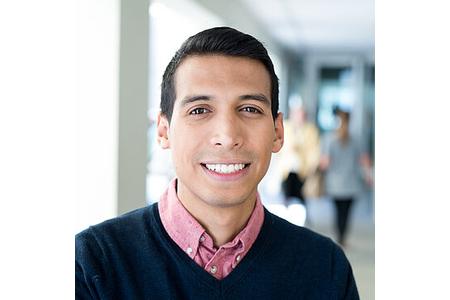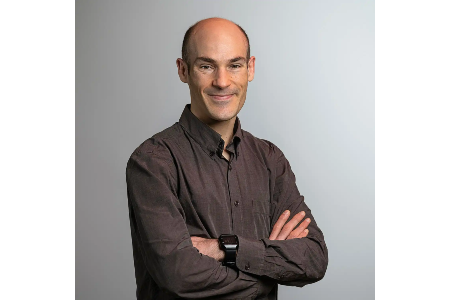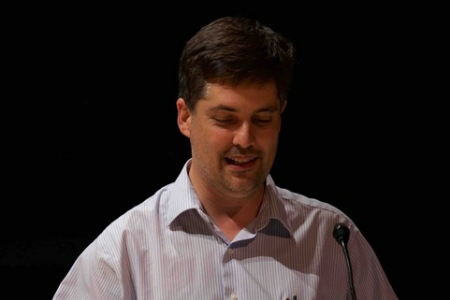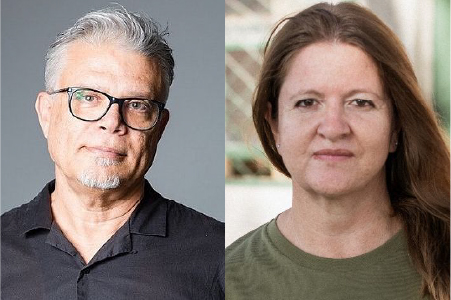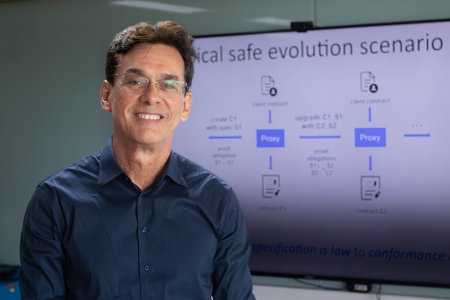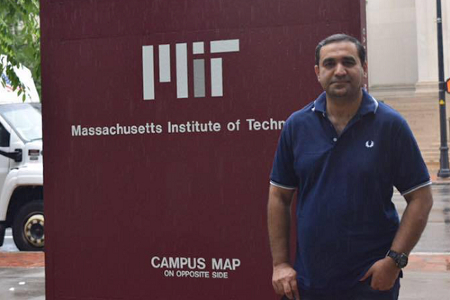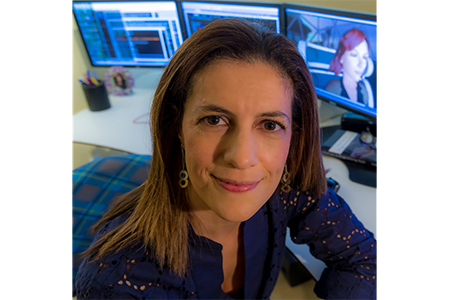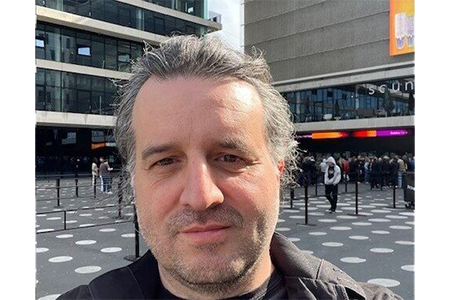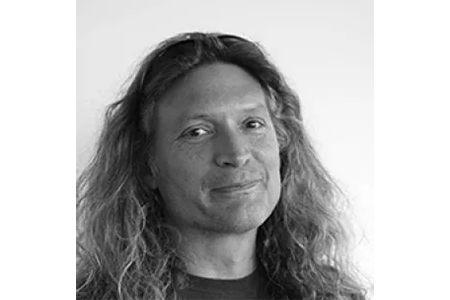A palestra “Immersive Media and the Colombian Armed Conflict: Rethinking Journalism Through 360º Storytelling” será apresentada dia 10 de julho, às 16:30, na sala I-105, moderada por António Baía Reis (Professor Auxiliar e bolseiro de pós-doutoramento Marie Skłodowska-Curie – Departamento de Sociologia e Comunicação, Universidade de Salamanca, Espanha).
Resumo:
“This talk presents research on the use of immersive media, specifically 360º video technology, as a journalistic tool for covering the Colombian armed conflict and promoting narratives of peacebuilding. Drawing on a qualitative multiple-case study, the speaker explores four immersive projects that document post-conflict experiences from the perspectives of victims and former combatants.The presentation will examine the motivations behind the adoption of immersive technologies in these contexts and critically reflect on their potential, limitations, and ethical implications. Particular attention will be given to the emotional and narrative impact of immersive storytelling, as well as concerns regarding image manipulation and journalistic independence. By highlighting good practices and identifying key challenges, this talk contributes to a broader understanding of the role immersive media can play in conflict reporting and peace communication, offering valuable insights for journalists, media professionals, and scholars interested in emerging storytelling formats. In an increasingly polarized and crisis-driven world, this research invites reflection on how immersive journalism can foster deeper engagement with complex realities.”
Sobre o Palestrante:
Andrés David Castro Lotero é professor de língua espanhola com especialização em Cultura e Economia e doutorando em Ciências da Comunicação na Universidade de Passau desde 2019. Anteriormente, estudou Comunicação e Jornalismo na Colômbia e fez um mestrado em Estudos de Desenvolvimento na Universidade de Passau. O seu tópico de investigação é principalmente a utilização de novos meios de comunicação no desenvolvimento de comunidades vulneráveis e na construção da paz, especialmente em contextos latino-americanos.
